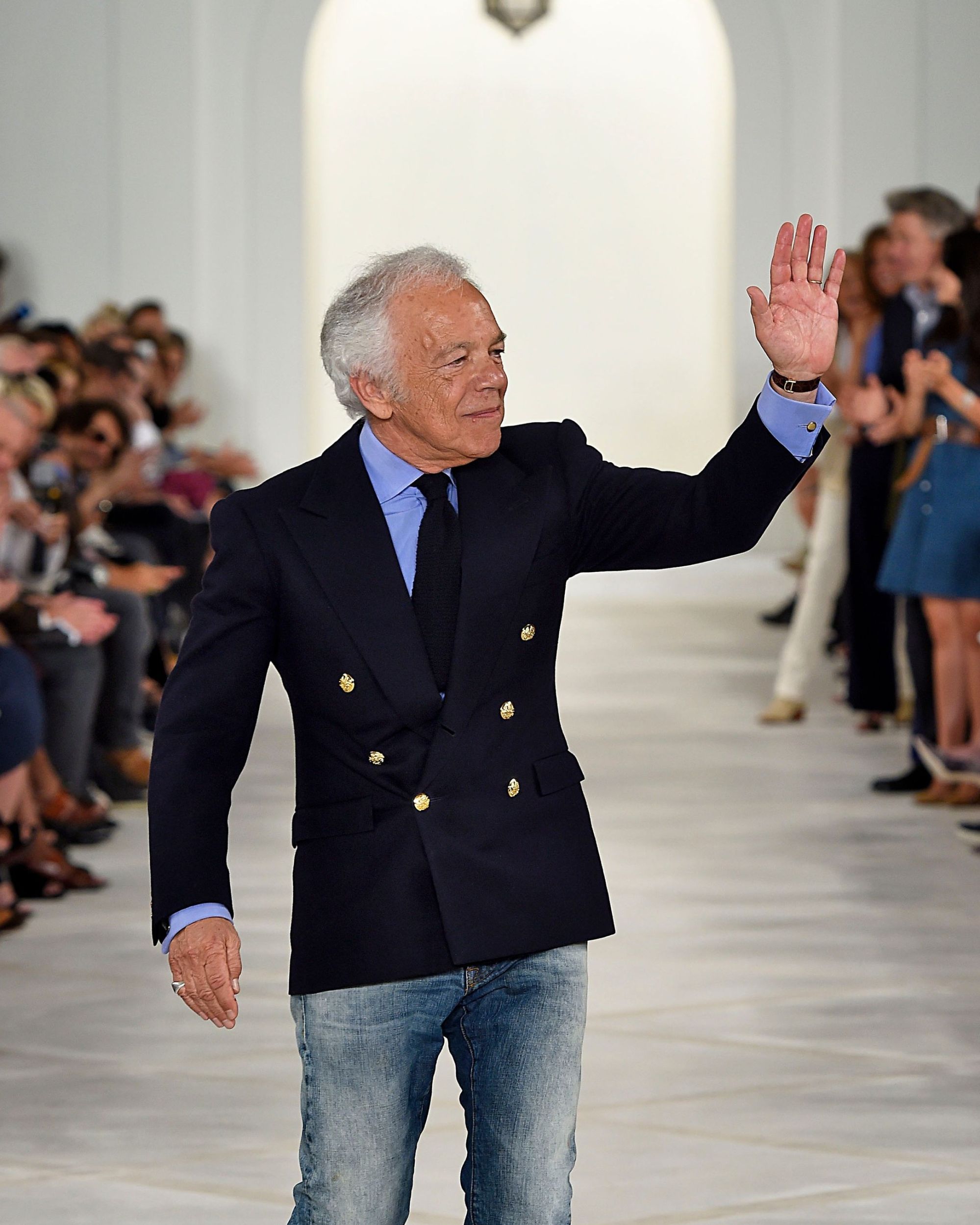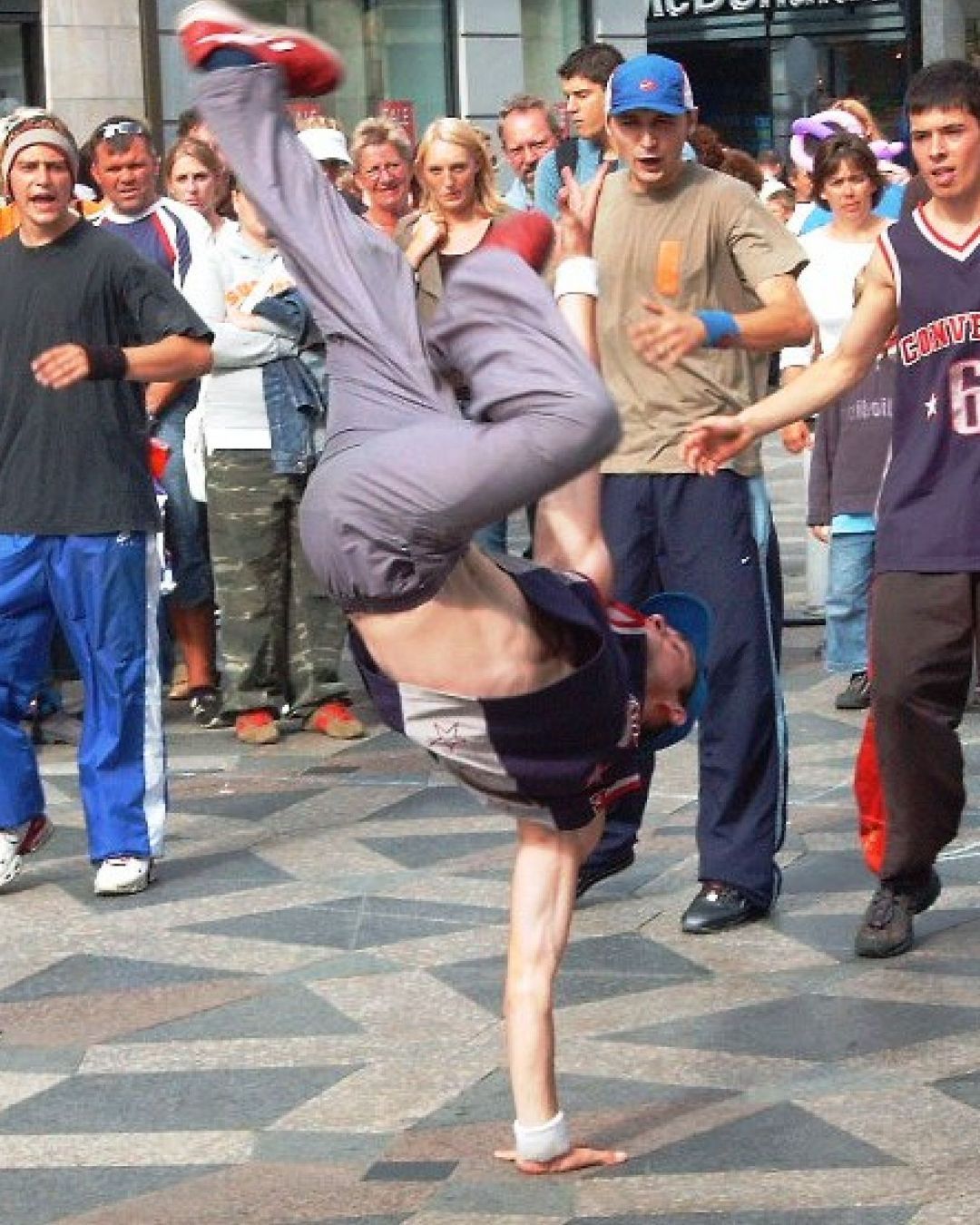
The Olympic Sculpture by artist Alison Saar unveiled in Aznavour's garden A committed, multicultural and united work to represent this competition
While the athletes of the 2024 Olympics are on the starting blocks ready to compete, it turns out that artists are not being left out as the competition approaches. We notice that the city has been hosting more and more sports-related exhibitions lately, but the most significant symbol linking art and the Olympic Games was finally unveiled to us on Sunday, June 23, in the capital: the Olympic sculpture for the 2024 Games in the heart of the Charles-Aznavour garden in the 8th arrondissement. A powerful, polysemic work created by the 68-year-old American sculptor and multimedia visual artist Alison Saar. Saar, who has won several awards during her career such as the John Simon Guggenheim Memorial Foundation Fellowship, the Joan Mitchell Foundation Award, and the Excellence in Design Award from the New York City Art Commission, has always been committed and showcased values inspired by those of the competition. But why does this statue seem so relevant in the era of disruption we are living in?
[#JournéeOlympique]
— FranceOlympique (@FranceOlympique) June 23, 2024
Dévoilement de la sculpture olympique installée dans le jardin Aznavour, en présence Thomas Bach, président du CIO, David Lappartient, président du CNOSF, Jeanne D'Hauteserre, maire du 8e arrondissement, et de l'artiste américaine Alison Saar.
Cette œuvre,… pic.twitter.com/pqnun8GRyF
As France and the rest of the world seem increasingly divided for political, economic, or ideological reasons, this sculpture symbolizes a true figure of multiculturalism, solidarity, and peace. Titled “Salon”, it represents, according to the Californian artist: “an open space for all, fostering dialogue and encounters”. It personifies a seated black woman holding a golden flame in her left palm, a clear homage to the Olympic flame, and an olive branch, a symbol of peace, in her right hand. Made of bronze and volcanic rock, it can apparently withstand all kinds of weather and environmental pollution, ensuring ideal longevity. It was crafted in Puy-de-Dôme in France, to promote local craftsmanship and reduce its carbon footprint. The work includes a total of six chairs, five of which evoke different continents: West Africa, South America, China, and Europe. The last chair refers to an Olympic seat, reminding us of the origins of the Olympic Games.
[#JournéeOlympique]
— FranceOlympique (@FranceOlympique) June 23, 2024
Dévoilement de la sculpture olympique installée dans le jardin Aznavour, en présence Thomas Bach, président du CIO, David Lappartient, président du CNOSF, Jeanne D'Hauteserre, maire du 8e arrondissement, et de l'artiste américaine Alison Saar.
Cette œuvre,… pic.twitter.com/pqnun8GRyF
Alison Saar, not well-known in France, was selected by the Olympic committee and the city of Paris to create this piece. According to the press release, “her commitment to the humanistic and peaceful values of Olympism” and “her desire for local production to support French craftsmanship and reduce the carbon footprint” were the reasons for their choice of the artist. In the United States, her sculptures and installations mainly focus on black female identity, made from natural materials, and incorporating various traditional attributes of African, Afro-American, and Jamaican cultures. Already exhibited in various famous American museums such as the Whitney Museum in New York and the LACMA in Los Angeles, “Salon” is the artist’s first project outside the United States. Saar follows the last artist commissioned for the Tokyo Olympic Games, the Frenchman Xavier Veilhan, who presented his collection of sculptures titled “The Audience”, also symbolizing solidarity across communities, composed of five characters of different ages, nationalities, and genders. Alison creates a committed work, also capturing the very essence, both human and popular, weaving the threads of dreams of peace into the tumultuous fabric of this competition, the Olympic Games, in a period of disunity.














































